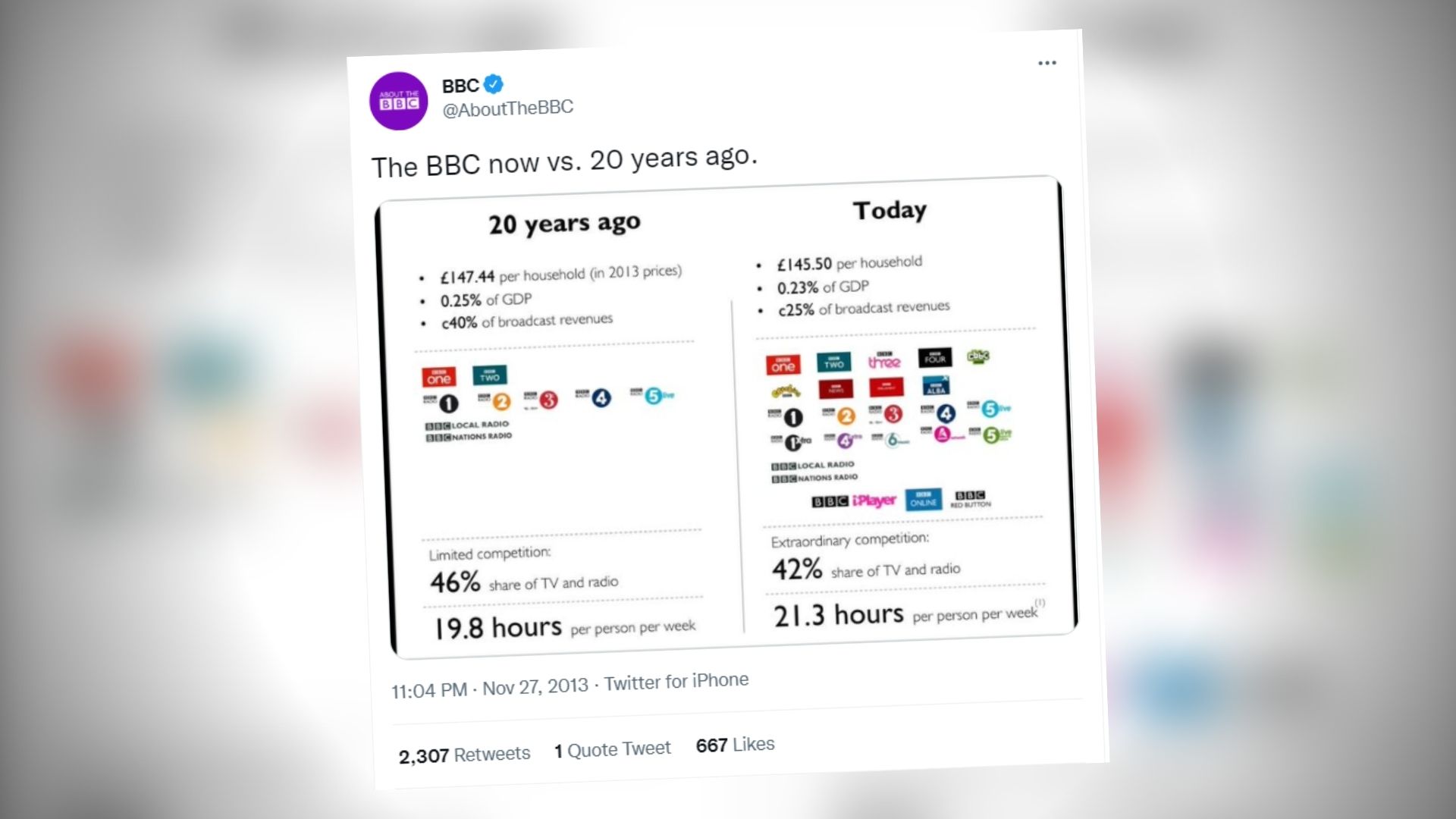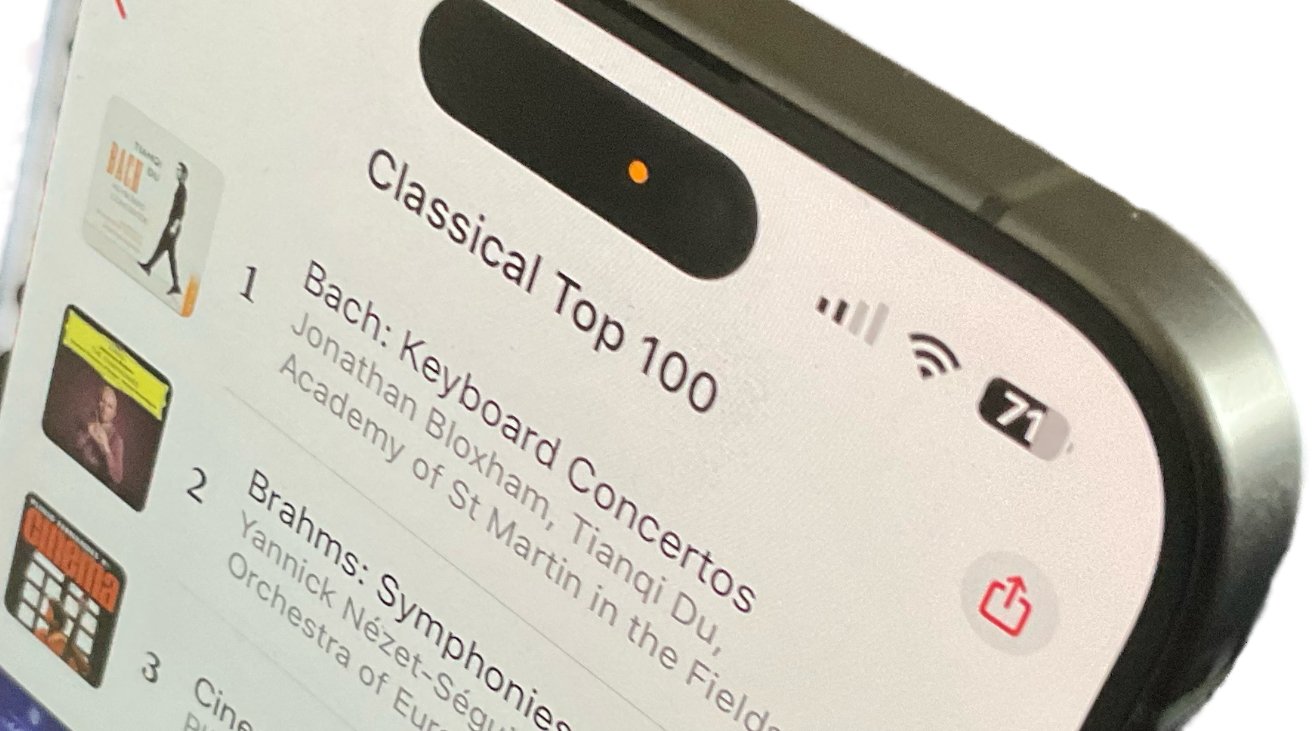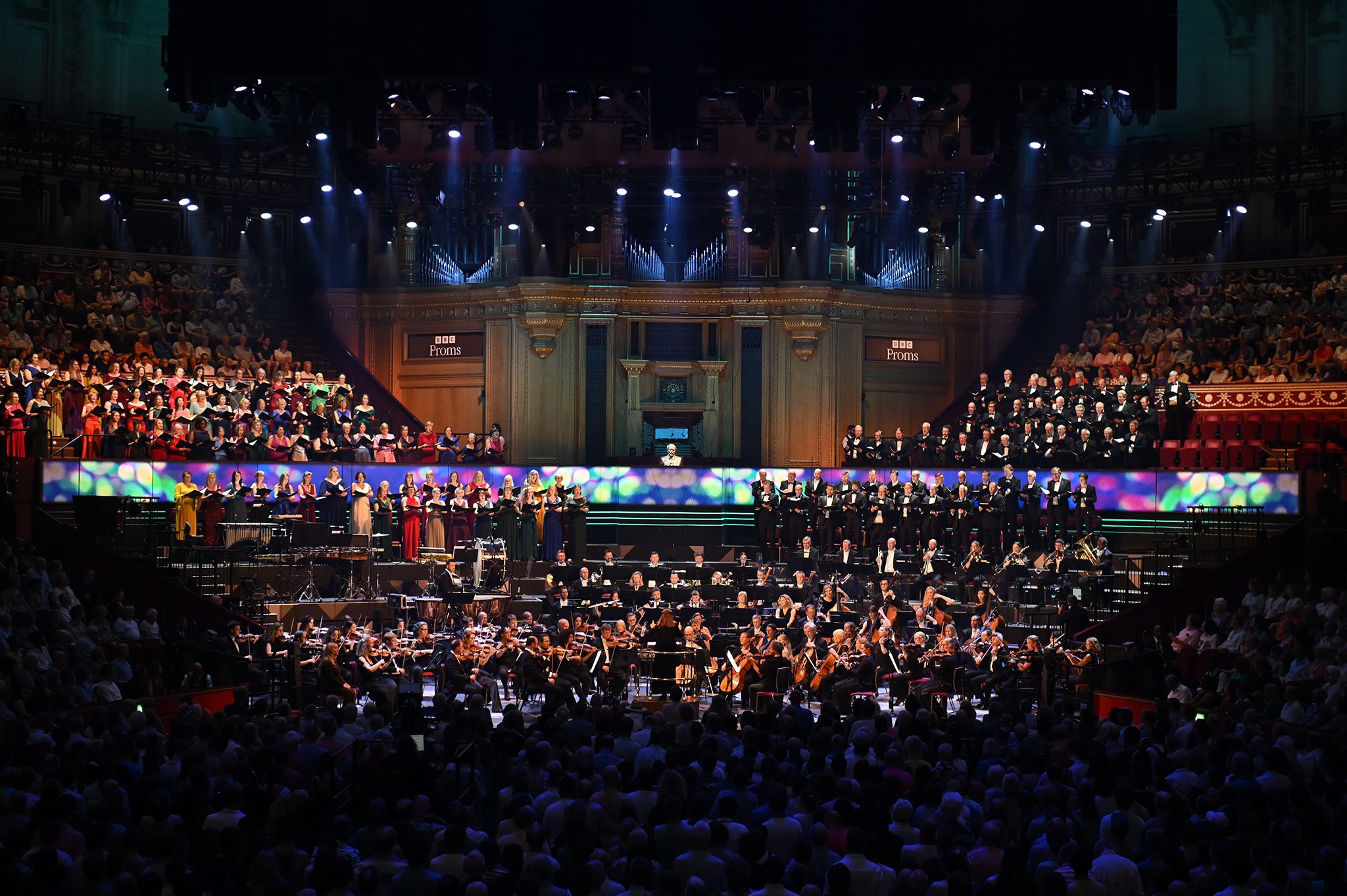Selling classical music to new audiences isn’t as difficult as you might be led to believe. Just be sincere. Genuine. Access something personal to you. Be an advocate.
For the past twelve months, I’ve been working with a UK orchestra helping them build their digital presence. Building the confidence of their content producers, artistic planners, and marketers so that their successes translate into a story played out across their digital channels. Email me if you’d like further details. In the meantime, know that I’m proud of what they’ve achieved.
My key message to them, like that to the international journalists I’ve been working with over the past few months, has been simple: don’t just tell me the story, tell me why I should care about it. Make me care and I, as a user, reader or digital consumer (how ever you want to label me), will do whatever you want.
If in the process of marketing your project or event you access something that is personal to you, you give your advocacy a level of authenticity that is difficult to overlook. Your message then has clout. Maybe even heft. That is the secret to making me care.
In doing so, you let the content you’re advocating speak for itself. It is in these moments however that you have to act instinctively. Good content demands instinctive decisions.
And sometimes you need to have the nerve to draw on that passion and act in the moment.
Earlier this evening, I was reminded about a situation where I found myself having to make a decision ‘on the hoof’. It’s pertinent to share here, I think.
Some years ago, around the time of the BBC’s previous Charter Review I was working in BBC Communications and PR. I was on a bus back from somewhere or other. I remember I had a bottle of wine in my bag and an open can of M&S Mojito in my hand.
Earlier on in the day, a colleague I worked with in the press office at the time spoke of a statement given by the DG being published on the press office website and ‘Could you retweet it on the About the BBC Twitter account?’ (I and a couple of trusted colleagues were running the ABBC Twitter account at the time.)
I agreed to ‘post something’ when the @BBCPress account had put something out, trying hard to keep my bitterness that my colleague had ‘got the story’ before me. There was it seemed to me almost certainly an ‘About the BBC’ angle on it if only someone had had the presence of mind to think of it before now. (I was liable to bitterness back then. Still now even.)
Heading back from the event I’d been in attendance at earlier in the evening, I scrolled through my Twitter feed and discovered the @BBCPress tweet pushing users to the statement in question. There buried at the bottom of the webpage was a link to a PDF displaying a graphic comparing the BBC’s output now with 20 years ago.
That was the story, I thought in my mildly tipsy state. The PDF the DG’s office had put out on chairs during a journalists briefing earlier in the day, was the thing that would get the eyes. This was what needed to be tweeted. NOT a link to a press statement. Why, in fact, was something that was so punchy buried so deep in a statement? Why wasn’t the graphic the lead for crying out loud?
So, on the 202 from Catford Station to Torridon Road, possibly a little tipsy, I screengrabbed the PDF on my shit out-of-date iPhone and posted it on the About the BBC Twitter account. And it’s still available on the internet now.

Clearly, 2,307 retweets isn’t a great deal by today’s standards. But it was then. Certainly in BBC Digital Comms standards it was too. Rarely had any tweet by BBC Comms reached this kind of organic reach (unless it was Doctor Who or Strictly related).
Many people commented on this the morning after when I headed into work at Broadcasting House the morning after, including the Head of Press who was both surprised and appreciative as I recall.
I can’t lay claim to the graphic – it was already in existence. But I do see how in the moment I’d accessed something personal which led me to posting: first seeing a message that resonated with me communicated in a far more concise manner visually than in text, and then acting on that instinct.
I recall this anecdote now because it highlights one key principle of doing digital marketing well. Advocacy.
If I hadn’t cared about the BBC (I did and do a GREAT deal) I wouldn’t have been interested. Arguably there was a bit of competition fuelling things too. But underlying all of this was – counter-intuitively – personal stuff.
Advocacy – even for a brand – needs to originate from somewhere personal. Gimmicks don’t work. Audiences are savvy. Why? Not least because the audience has lived with social media for long enough. They know better than you when something is fake.
So, don’t be fake if you’re looking to appeal to someone’s sensibilities. Be real. Speak from the heart. Make every action – even if it’s just doing a screengrab of a PDF on your phone on the 202 from Catford station – speak from the heart. People buy authenticity. It is the most valuable currency.
But there’s a flipside. To do authenticity means that digital marketers have the toughest job: they need to respond to and act independently of all the ‘expertise’ that surrounds them.
They need to act on their own passion at the moment, to serve the brand they’re representing. In this moment these trusted individuals want to speak of the best because they see the best. These people need to be daring. They need to be brave. They also need to be trustworthy.
A lonely place.
Advocating a niche musical genre depends on education, of course. Catch ’em young and we’re in a much better position. It appears to be the case according to Richard Morrison in The Times this week, that right now we can’t rely on education.
So, instead right now we need to rely on the advocates. Don’t overcomplicate it. Think beyond skills and strategy. Think mindset.



